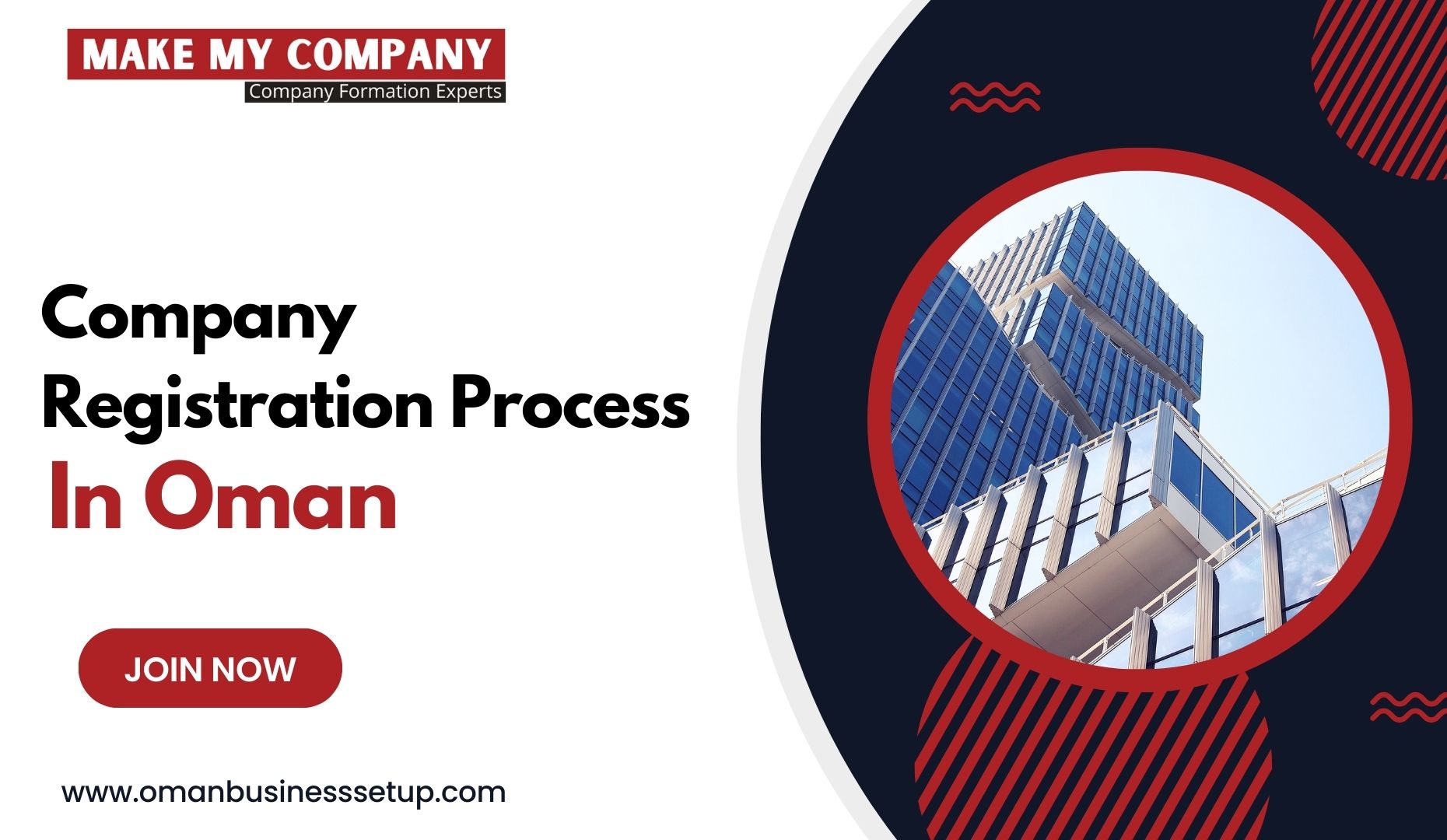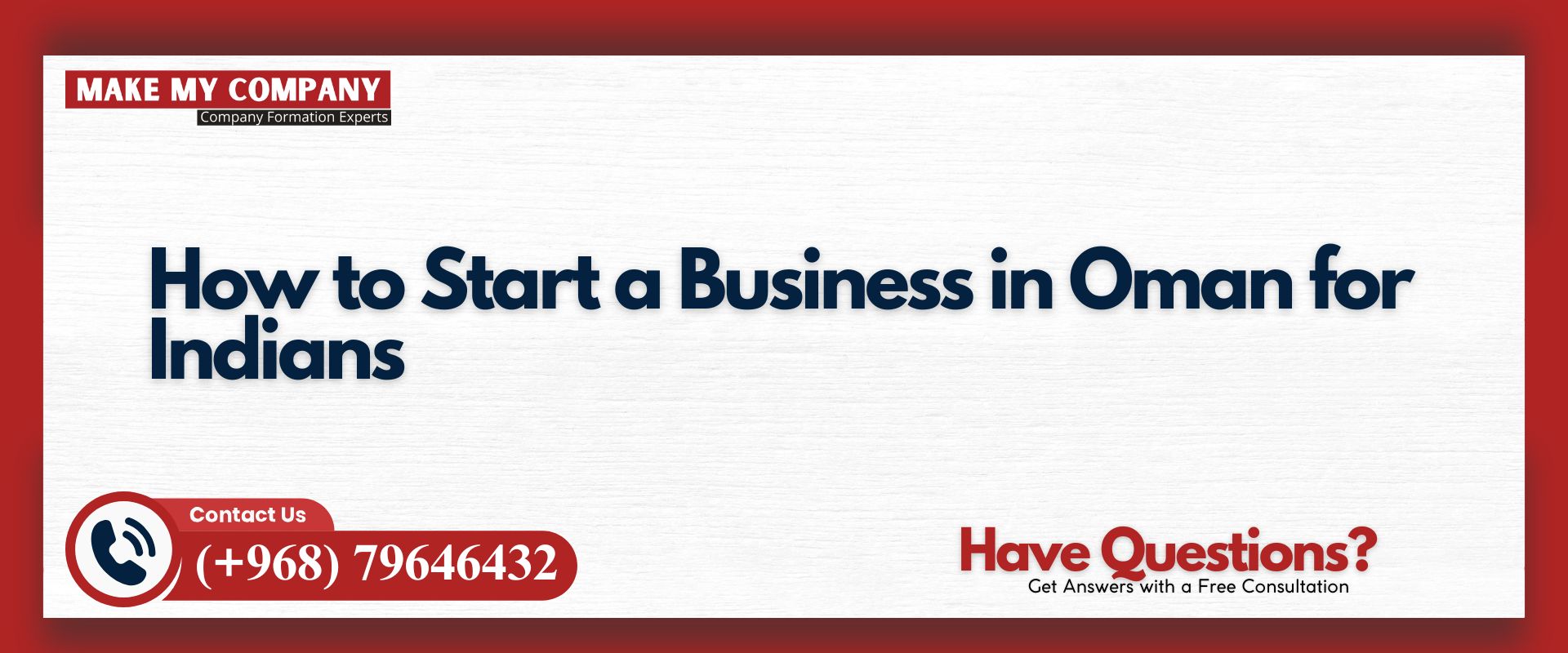Setting up a business in Oman is an attractive choice for investors worldwide due to its growing economy, strategic location on a major trade route, and pro-business policies. Oman has steadily opened up to international business, offering incentives that make it easier and more advantageous for foreign investors to establish their operations. This guide will walk through the Company Registration Process in Oman, covering eligibility criteria, the complete step-by-step procedure, and essential documentation.
Why Oman is an Ideal Destination for Business Setup: Key Reasons to Choose Oman
Before we explore the specifics of the registration process, it is essential to understand the key advantages that Oman offers for businesses:
- Economic Stability: Oman’s government is committed to economic diversification, encouraging growth in various sectors including manufacturing, logistics, and tourism. This stability makes Oman a secure location for long-term business investments.
- Incentives for Foreign Investment: Oman provides multiple incentives, such as tax benefits, exemptions, and free zones with simplified regulations, to attract foreign investors.
- Strategic Location: Located along a major trade route, Oman is an ideal hub for logistics and international trade, making it particularly appealing for businesses in sectors like manufacturing, transportation, and international trade.
- Free Zones: Oman offers several free zones where businesses can enjoy benefits such as 100% foreign ownership, tax incentives, and freedom from customs duties.
Detailed Overview of the Oman Company Formation Process and Types of Business Entities
Choosing the appropriate business entity is critical when setting up a business in Oman, as each type has unique requirements, benefits, and legal implications. Here’s a breakdown of the primary business entities available:
- Limited Liability Company (LLC): This is the most popular option among foreign investors. LLCs require a minimum of two shareholders and generally involve a local partner unless situated within a free zone, where 100% foreign ownership is permitted.
- Joint Stock Company (SAOG or SAOC): These companies suit larger enterprises, with two types: public (SAOG) and closed (SAOC). They come with higher capital requirements and typically involve significant regulations and obligations, as they may be publicly listed.
- Branch Office: Foreign companies looking to operate in Oman can establish a branch office, which functions under the parent company’s name. However, the branch office must serve specific purposes aligned with the parent entity.
- Representative Office: This entity is designed purely for market research or promotional activities. Unlike other entities, Representative Offices are not permitted to engage in commercial activities or revenue generation in Oman.
Eligibility Criteria for Foreign Investors and Local Entrepreneurs for the Company Registration Process in Oman
Understanding the eligibility criteria is essential for both foreign and local investors to navigate the company registration process successfully. The requirements may vary depending on the entity type:
- Minimum Capital Investment: The required capital depends on the chosen business structure. For instance, Joint Stock Companies need higher capital compared to LLCs.
- Local Sponsorship: Non-Omani nationals may need a local partner to conduct certain business activities. This requirement is, however, waived in free zones where foreign investors can own 100% of their business.
- Omani Residency: In some cases, companies may be required to have at least one resident director or manager, especially for activities outside the free zones.
Step-by-Step Guide to the Company Registration Process in Oman
Below are the comprehensive steps for registering a company in Oman, covering all aspects from initial planning to obtaining an operating license:
1. Selecting a Legal Structure for Business Setup in Oman
The first step is choosing a legal structure that aligns with your business objectives. Your decision will depend on factors like ownership requirements, capital limitations, and operational flexibility.
2. Trade Name Reservation for the Oman Company Formation Process
To officially register a business, you must reserve a unique trade name that reflects the nature of your business. Submit your chosen trade name to Oman’s Ministry of Commerce, Industry, and Investment Promotion (MOCIIP) for approval, ensuring it complies with local regulations.
3. Drafting the Memorandum of Association (MOA)
The Memorandum of Association (MOA) is a critical legal document detailing the company’s structure, objectives, shareholder information, and capital allocation. Carefully drafting the MOA in alignment with Omani corporate laws is essential for a smooth Company Registration Process in Oman.
4. Opening a Corporate Bank Account for Initial Capital Deposit
Omani law requires companies to open a corporate bank account to deposit their initial capital. This account is mandatory for handling the company’s financial operations and fulfilling minimum capital requirements.
5. Obtaining Special Licenses and Permits Required for Business Setup in Oman
Certain sectors like healthcare, telecommunications, and environmental services require additional permits. Consulting with the MOCIIP and other relevant ministries will help ensure your business meets industry standards and secures the necessary authorizations.
6. Registering with the Oman Chamber of Commerce and Industry (OCCI)
Registering with the Oman Chamber of Commerce and Industry (OCCI) is mandatory for all businesses. Membership benefits include access to business resources, industry events, and a support network, making it advantageous for companies to join.
7. Submitting Documents for the Official Company Registration Process in Oman
Once all documents are prepared, submit them to the MOCIIP for review. These documents typically include:
- Trade name certificate
- Memorandum of Association
- Shareholder identification documents
- Bank deposit certificate
- Any industry-specific permits, if applicable
8. Acquiring the Commercial Registration Certificate to Finalize the Company Registration Process in Oman
The issuance of the Commercial Registration Certificate confirms that your company has met the regulatory requirements and can legally commence operations.
Additional Legal and Regulatory Requirements for Business Setup in Oman
In addition to the standard registration process, there are other regulations that businesses in Oman must follow:
Labor Law Compliance and Omani Workforce Quotas
Oman has strict labor regulations aimed at providing fair wages and work conditions. Additionally, companies are expected to follow Omanization policies, which mandate a percentage of local Omani employees within the workforce, varying by sector.
Tax Registration for New Businesses in Oman
All registered companies must apply for a Tax Identification Number (TIN) with the tax authorities. Oman’s corporate tax rates are competitive within the Gulf region, making it an attractive option for businesses aiming to reduce tax liabilities.
Key Benefits of Completing the Company Registration Process in Oman
Completing the Company Registration Process in Oman comes with multiple advantages:
- Strategic Location for Trade and Logistics: Oman’s position along key international trade routes makes it a prime destination for companies focusing on trade and logistics.
- Free Zones with 100% Foreign Ownership: Oman’s free zones offer benefits like 100% foreign ownership, tax relief, and simplified regulatory requirements.
- Tax Benefits and Incentives: The Omani government offers corporate tax incentives and exemptions for certain sectors, encouraging foreign and local investments alike.
Conclusion
Setting up a business in Oman may initially seem complex, but with the right guidance, it can be navigated smoothly. From selecting the right business structure to meeting labor and tax requirements, each step in the Company Registration Process in Oman is essential.
Frequently Asked Questions on the Company Registration Process in Oman
1. How long does the company registration process take in Oman?
The duration of the registration process can vary depending on the type of business and the completeness of the documentation. Generally, it can take anywhere from one week to several weeks.
2. Can foreign investors fully own a business in Oman?
Yes, foreign investors can own 100% of a business within Omani free zones. Outside of free zones, certain industries may require a local partner or sponsor.
3. What types of businesses are allowed in Oman’s free zones?
Oman’s free zones support various industries, including manufacturing, logistics, and services. Each free zone has specific guidelines, so it’s essential to check which business activities are permitted in your preferred zone.
4. Is a corporate bank account required for company registration in Oman?
Yes, opening a corporate bank account is mandatory. The account is used to deposit the company’s initial capital and to handle business transactions.
5. Are there any special permits or licenses required for certain industries?
Yes, certain sectors, such as healthcare, telecommunications, and environmental services, require additional permits. It’s recommended to consult with Oman’s Ministry of Commerce, Industry, and Investment Promotion (MOCIIP) for industry-specific requirements.
6. What tax benefits are available for businesses in Oman?
Oman offers competitive tax rates and, in some cases, tax exemptions for businesses operating within free zones and specific sectors. These incentives aim to attract foreign investment and promote business growth.
7. What are the Omanization requirements for foreign businesses?
Omanization policies require companies to employ a certain percentage of Omani nationals. The required percentage varies by industry and aims to increase local employment opportunities.
8. Do I need a local sponsor or partner to set up a business in Oman?
Outside of free zones, many businesses require a local partner or sponsor, who generally holds a minority share. However, in free zones, 100% foreign ownership is allowed, eliminating the need for a local partner.
9. Is registering with the Oman Chamber of Commerce and Industry (OCCI) mandatory?
Yes, all companies must register with the OCCI. This membership offers access to business resources, networking events, and industry-specific support.
10. What is the minimum capital requirement for company registration in Oman?
The minimum capital requirement depends on the type of business entity. For example, joint-stock companies have higher capital requirements than limited liability companies (LLCs).
11. Can I change the business structure after registering my company?
Yes, you can change your business structure in Oman. However, this may involve additional paperwork, regulatory approvals, and possibly new fees.









